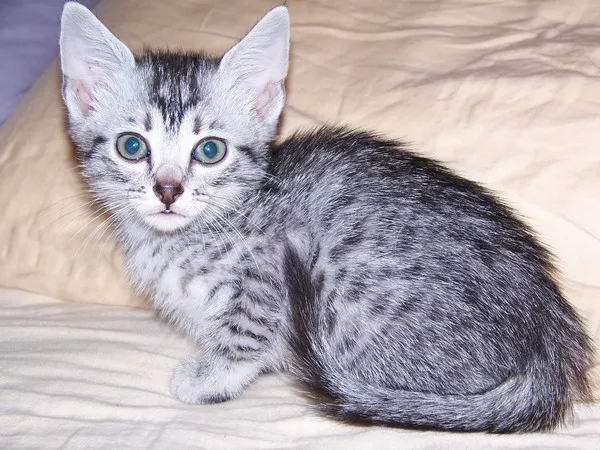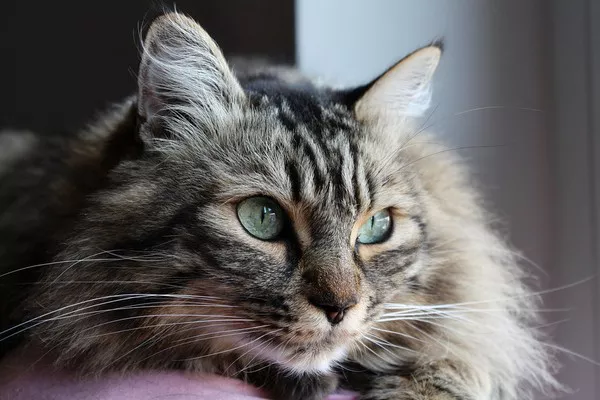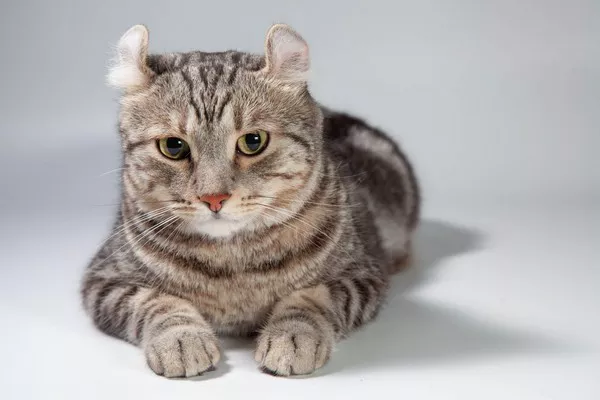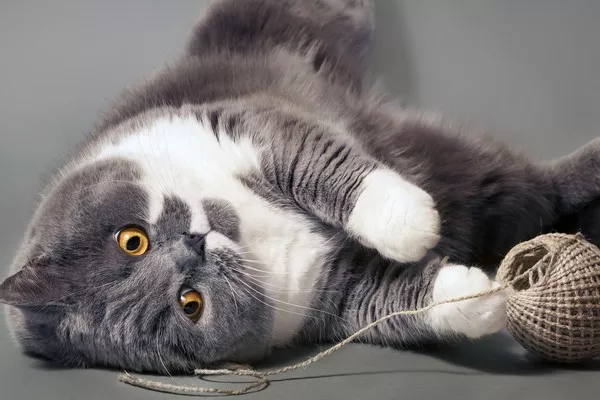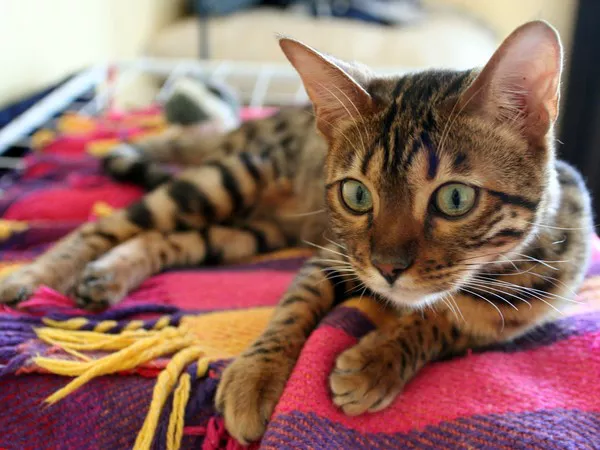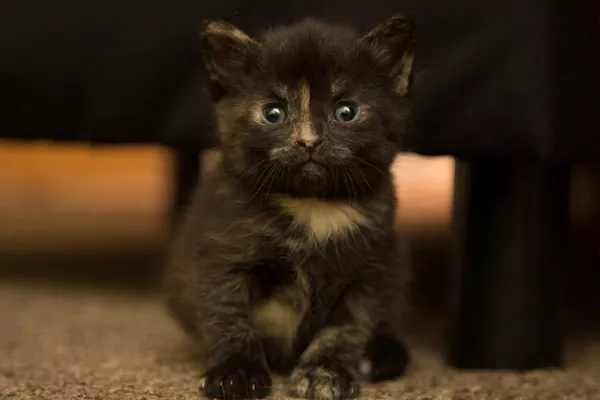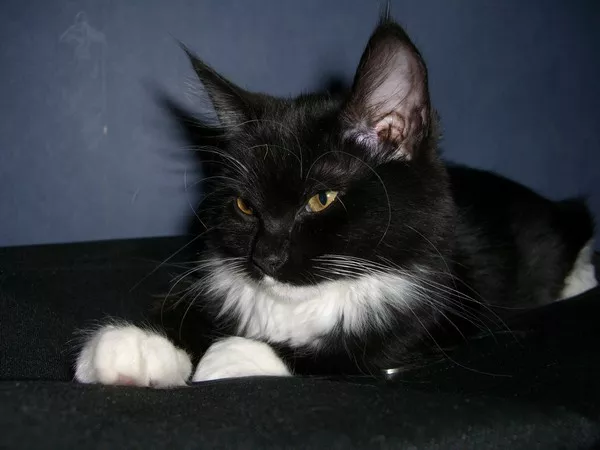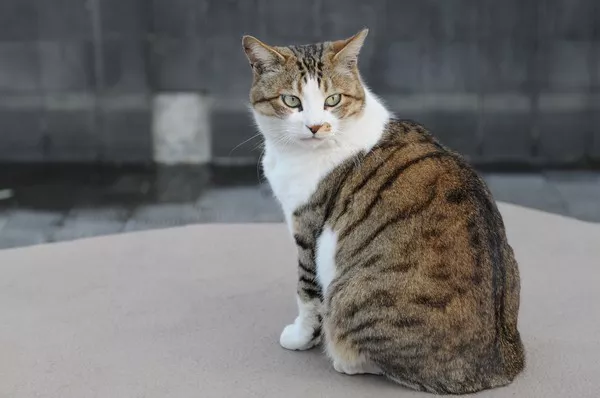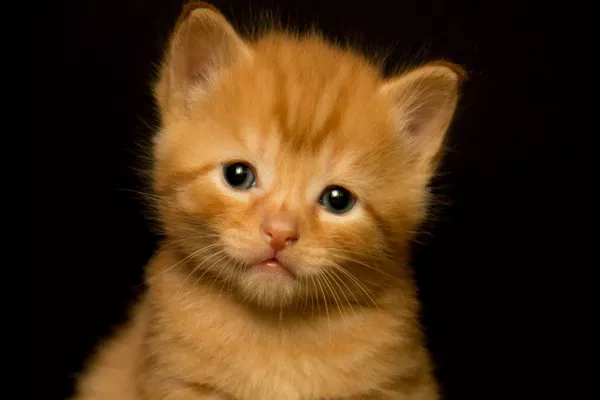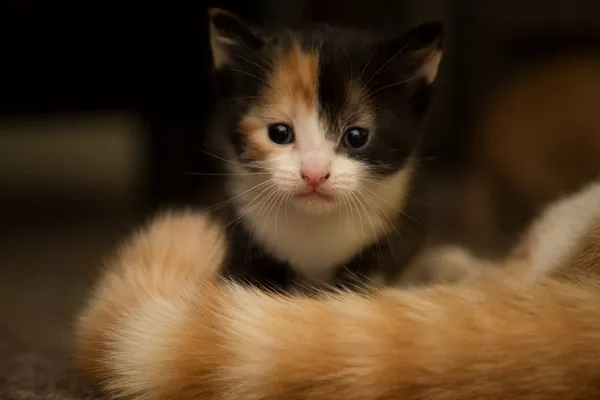The Egyptian Mau is an elegant and captivating breed of domestic cat with roots that trace back to ancient Egypt. Known for their striking appearance and unique spots, these cats have become popular pets in households worldwide. However, providing the best nutrition for your Egyptian Mau is essential to maintain their health and well-being. In this comprehensive guide, we will explore the dietary needs of the Egyptian Mau, offering insights into their natural diet, feeding guidelines, and potential health concerns related to nutrition.
1. The Natural Diet of the Egyptian Mau
To better understand the dietary requirements of the Egyptian Mau, it is essential to delve into their ancestral diet. Historically, cats were obligate carnivores, meaning they primarily consumed meat to meet their nutritional needs. This natural diet has had a significant impact on their digestive systems and metabolism, making it crucial to ensure they receive a diet that aligns with their evolutionary background.
In the wild, cats like the Egyptian Mau would prey on small animals, such as rodents and birds. These natural prey items contain essential nutrients like proteins, fats, vitamins, and minerals that are vital for the cat’s overall health. Understanding this ancestral diet can guide us in providing a balanced and appropriate diet for our feline companions.
2. The Importance of High-Quality Protein
Protein is the cornerstone of an Egyptian Mau’s diet, as it supports their lean muscle mass and various physiological functions. When choosing cat food, it is essential to opt for products with high-quality protein sources, such as chicken, turkey, fish, or lamb. Avoid foods that list fillers or meat by-products as the primary ingredients, as these may not offer the necessary nutrients.
Additionally, some Egyptian Maus may be sensitive to certain protein sources, leading to allergies or digestive issues. In such cases, consulting with a veterinarian can help identify the problematic protein and select an appropriate alternative.
3. Balancing Fats and Essential Fatty Acids
Fats play a vital role in the Egyptian Mau’s diet as they provide a concentrated source of energy. Additionally, fats are essential for maintaining healthy skin and a glossy coat. Omega-3 and Omega-6 fatty acids, in particular, are crucial for a cat’s overall well-being, supporting various bodily functions, including immune system health and inflammatory response.
Quality cat foods will often include added sources of these essential fatty acids, such as fish oil or flaxseed. However, moderation is key, as excessive fat intake can lead to obesity, a common health concern in indoor Egyptian Maus with sedentary lifestyles.
4. Carbohydrates and Fiber
While cats are obligate carnivores, they may consume small amounts of carbohydrates and fiber from the stomach contents of their prey. However, their natural diet contains minimal amounts of these nutrients, and they are not considered essential for their well-being.
In commercial cat foods, carbohydrates are often included as fillers or binders. When choosing a cat food, opt for products that have a lower carbohydrate content, focusing on protein-rich options instead. However, some carbohydrates, such as those from vegetables, can offer certain benefits. Fiber, in controlled amounts, aids in digestion and can be beneficial for cats with hairball issues.
5. Hydration and the Role of Water
Like all felines, Egyptian Maus have a low thirst drive, a trait inherited from their wild ancestors who obtained most of their water from their prey. As domesticated cats, they depend on their caregivers to ensure they remain adequately hydrated.
Always provide fresh, clean water for your Egyptian Mau. Additionally, wet cat food can be a valuable addition to their diet, as it contributes to their overall water intake. Wet food also has the benefit of providing additional moisture and can be easier for some cats to digest.
6. Commercial Cat Food vs. Homemade Diets
Choosing between commercial cat food and homemade diets can be a dilemma for cat owners. Commercial cat foods are formulated to meet the nutritional needs of cats, and reputable brands undergo extensive testing to ensure quality and safety. Look for products that meet the nutritional standards set by organizations like the Association of American Feed Control Officials (AAFCO).
Homemade diets, on the other hand, require careful planning and attention to ensure all essential nutrients are present. If considering a homemade diet, it is essential to work closely with a veterinary nutritionist to develop a balanced and complete meal plan that meets the specific needs of your Egyptian Mau.
7. Feeding Guidelines and Portions
Establishing a feeding routine and portion control is vital in maintaining a healthy weight for your Egyptian Mau. Obesity in cats can lead to various health issues, including diabetes and joint problems.
The appropriate portion size will depend on your cat’s age, weight, activity level, and overall health. Generally, it is recommended to feed adult Egyptian Maus two meals a day and provide fresh water at all times. If you have any concerns about your cat’s weight or diet, consult with your veterinarian for personalized guidance.
8. Foods to Avoid
Certain human foods can be harmful or toxic to cats, and it is crucial to avoid feeding them to your Egyptian Mau. Some common foods to avoid include:
Chocolate
Onions and garlic
Grapes and raisins
Alcohol
Caffeine
Bones from fish, poultry, or other meats (as they can splinter and cause choking or internal injuries)
9. Health Concerns Related to Nutrition
A well-balanced diet is essential for preventing health issues related to nutrition in Egyptian Maus. Some potential problems that can arise due to poor diet include:
Obesity
Diabetes
Dental issues
Digestive problems
Allergies and sensitivities
Regular veterinary check-ups can help identify any potential health concerns and ensure your Egyptian Mau is receiving the best possible nutrition.
Conclusion
Proper nutrition is a fundamental aspect of caring for your Egyptian Mau. As obligate carnivores, these cats have unique dietary needs, and a diet that reflects their natural, ancestral diet is crucial for their overall health and well-being. Always opt for high-quality cat food that is rich in protein and essential fatty acids, while keeping carbohydrates and fillers to a minimum. Additionally, provide plenty of fresh water and consider incorporating wet food into their diet to ensure they remain well-hydrated.
By understanding and meeting the dietary requirements of your Egyptian Mau, you can ensure that they lead a long, healthy, and happy life as a cherished member of your family.

